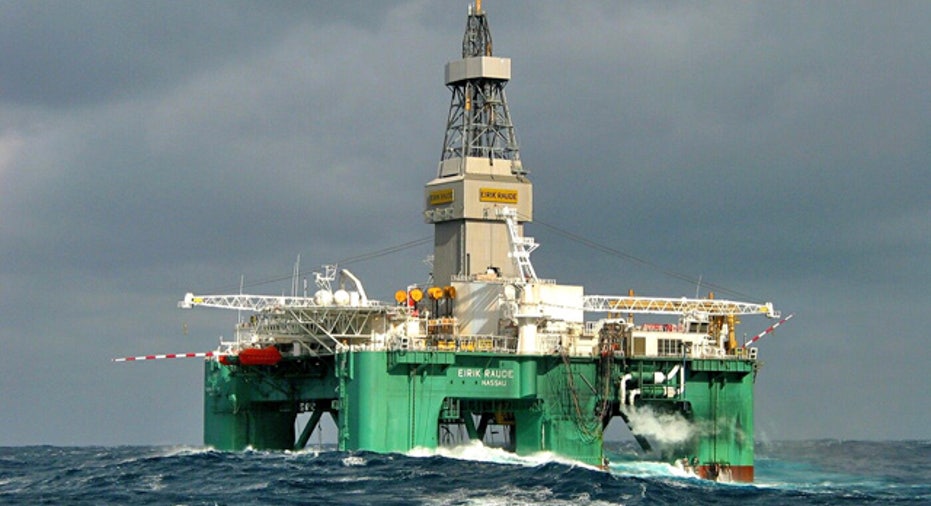Oil Prices Retreat

Oil fell from highs on Friday after top exporter Saudi Arabia stepped up supplies, helping push stocks up, although worries that dear oil may threaten global growth kept those gains in check.
Saudi Arabia has quietly increased its production after unrest in Libya saw a large chunk of the North African nation's output being cut. ICE Brent crude futures were up at $111.63 a barrel, retreating from $113.91 earlier in the day while U.S. crude futures rose to $97.75, but off highs.
European stocks extended gains, taking a breather after a week-long retreat, but sentiment was fragile. The FTSEurofirst 300 index of top European shares was up 0.6% at 1,152.62 points, having lost over 3% over the past week.
"It's a relief rally as oil prices have come down, but they're still high," said Richard Batty, investment director at Standard Life Investments in Edinburgh.
"There remains a lot of uncertainty about developments in the Middle East. You can't rule out the possibility of further political change - and obviously that would have implications for oil prices and financial markets. Higher oil prices would check growth in Western economies."
U.S. stock index futures pointed to a higher open for Wall Street on Friday, adding to a late rebound in the previous session, with futures for the S&P 500 and the Dow Jones industrial average up 0.6%.
World equities measured by the MSCI All-Country World Index rose 0.36%, although it was off its 30-month high hit earlier this week.
Even if oil markets stabilise, broader sentiment could remain cautious as high fuel prices would add to inflationary pressures and crimp consumer demand. That could threaten growth in Asian economies, the drivers of a global recovery since the 2008 financial crisis hit output worldwide.
Since the Libyan crisis erupted earlier this month, some of the worst-performing markets within Asia are India, South Korea and Taiwan due to their higher dependency on oil imports, Brown Brothers Harriman said.
Analysts reckon the degree of vulnerability for G-10 oil importers is far less than that found in emerging economies.
"Our own analysis indicates that net oil imports for many emerging economies in Asia are close to or greater than 5% of GDP," said Andrew Cox, G-10 strategist at Citi.
OIL VOLATILE
Estimates varied on how much of Libya's production is down with the International Energy Agency pegging the volume shut at 500,000 to 750,000 bpd. Italian oil company ENI said as much as 1.2 million bpd may be down.
Key Libyan oil terminals are under rebel control while Muammar Gaddafi's forces have fought back against the rebellion .
Although oil prices have come off 2-1/2 year highs, they are still up 12% in the past three sessions alone, leading to worries about stagflation and lending support to safe-haven assets such as gold, U.S. Treasuries and the Swiss franc.
The dollar edged up as oil prices retreated from their recent high, although expectations that the Federal Reserve will lag behind the European Central Bank in raising rates was unlikely to take it much higher.
The euro slipped to $1.3782, but was still eyeing 2011 highs against the dollar helped by more hawkish comments from ECB officials..
"The contrasting policy outlooks for Europe and the U.S. have helped the euro and weighed on the dollar, and it wouldn't be surprising to see the euro test the early February highs," said Kit Juckes, currency strategist at Societe Generale.
Gold, another haven in times of global turmoil, held near $1,400 an ounce and was headed for its fourth consecutive week of gains.



















